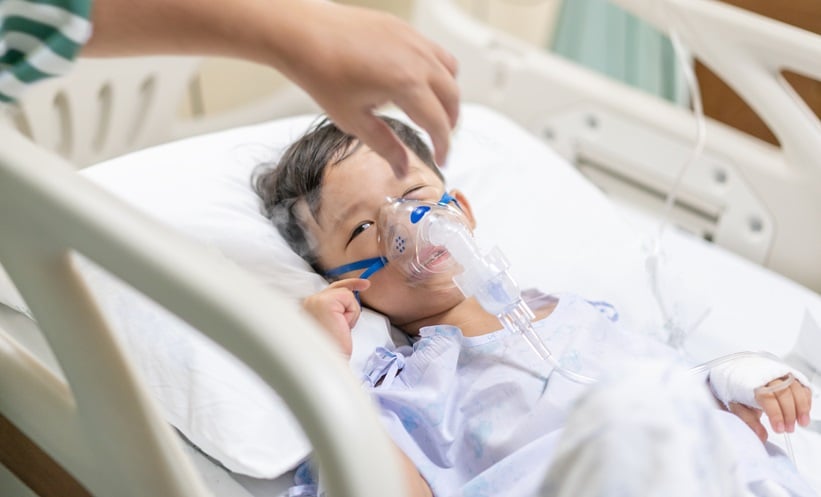A RECENT study examining antiviral treatment patterns among hospitalised children with influenza has found that nearly half of the children who were eligible for treatment did not receive antivirals as recommended by guidelines.
Conducted across seven paediatric medical centres, the study included 1,213 children hospitalised with laboratory-confirmed influenza A or B between December 2016–March 2020. The primary objective was to determine the frequency of antiviral receipt during hospitalisation and identify factors influencing its administration.
The results revealed that only 652 children (53.8%) received an influenza-specific antiviral medication. Of the children who underwent clinical influenza testing, 67.4% were treated with antivirals. Notably, 63.0% of the children had clinical testing for influenza during their hospital stay.
Factors that significantly increased the likelihood of receiving antivirals included having haematologic (adjusted odds ratio [aOR]:1.76; 95% CI: 1.03–3.02) or oncologic/immunocompromising conditions (aOR: 2.41; 95% CI: 1.13–5.11), receiving an antiviral before hospitalisation (aOR: 2.34; 95% CI: 1.49–3.67), undergoing clinical influenza testing (aOR: 3.07; 95% CI: 2.28–4.14), and being admitted to an intensive care unit (aOR: 1.53; 95% CI: 1.02–2.29). Conversely, children with symptoms lasting more than 2 days were less likely to receive antivirals (aOR: 0.40; 95% CI: 0.30–0.52).
The study also noted a significant variation in antiviral receipt across the medical centres, with a five-fold difference between sites. This highlights the need for consistent adherence to guidelines across different hospitals.
The findings reinforce the importance of improving adherence to antiviral treatment protocols in hospitalised children with influenza. Further research is needed to identify and address the barriers preventing timely antiviral treatment.
Ada Enesco, EMJ
Reference
Antoon JW et al. Antiviral use among children hospitalized with laboratory-confirmed influenza illness: a prospective, multicenter surveillance study. Clin Infect Dis. 2024; DOI:10.1093/cid/ciae573.








